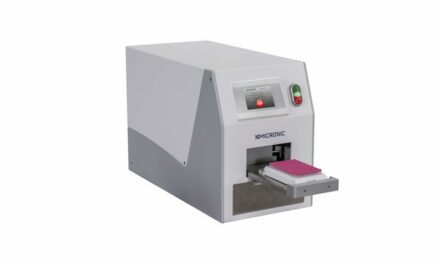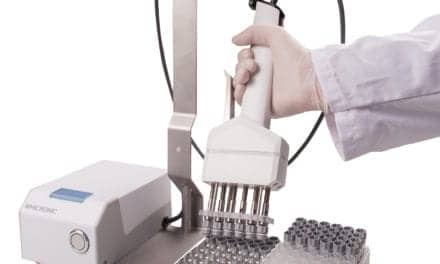BD, Franklin Lakes, NJ, has announced plans to update the instructions for use of certain BD Vacutainertubes as part of its quality process to ensure that customers understand the appropriate uses of the products.
BD has been cooperating with FDA since it first became aware of concerns about inaccurate lead test results from LeadCare testing systems by Magellan Diagnostics. BD launched an internal investigation and determined that the anodic stripping voltammetry (ASV) technology used in Magellan LeadCare testing systems is not compatible with thiuram, a material found in the rubber stoppers of BD Vacutainer ethylenediaminetetraacetic acid lavender, pink, and tan top tubes and BD Vacutainer lithium heparin green top tubes.
Thiuram has been used in the formulation of the identified rubber stoppers since 1996. However, the effect of thiuram on lead testing when used with ASV technology was only recently observed through the course of BD’s investigation. As a result, BD is updating the instructions for use of its BD Vacutainer lavender, pink, and tan top tubes and BD Vacutainer lithium heparin green top tubes. The new instructions include a precaution that the identified products are not recommended for lead testing when using Magellan Diagnostics’ LeadCare assays employing the ASV methodology, or any other assay employing ASV methodology.
Other lead testing systems, such as those employing graphite furnace atomic absorption spectroscopy or inductively coupled plasma mass spectrometry, are not affected by the company’s update. In addition, BD is not aware of any other instrumentation that uses ASV technology.
According to BD, customers should continue to follow FDA’s safety communication for testing lead levels, which currently recommends that no venous blood should be tested with Magellan’s LeadCare test systems, regardless of the collection tube used.
For more information, visit BD.




